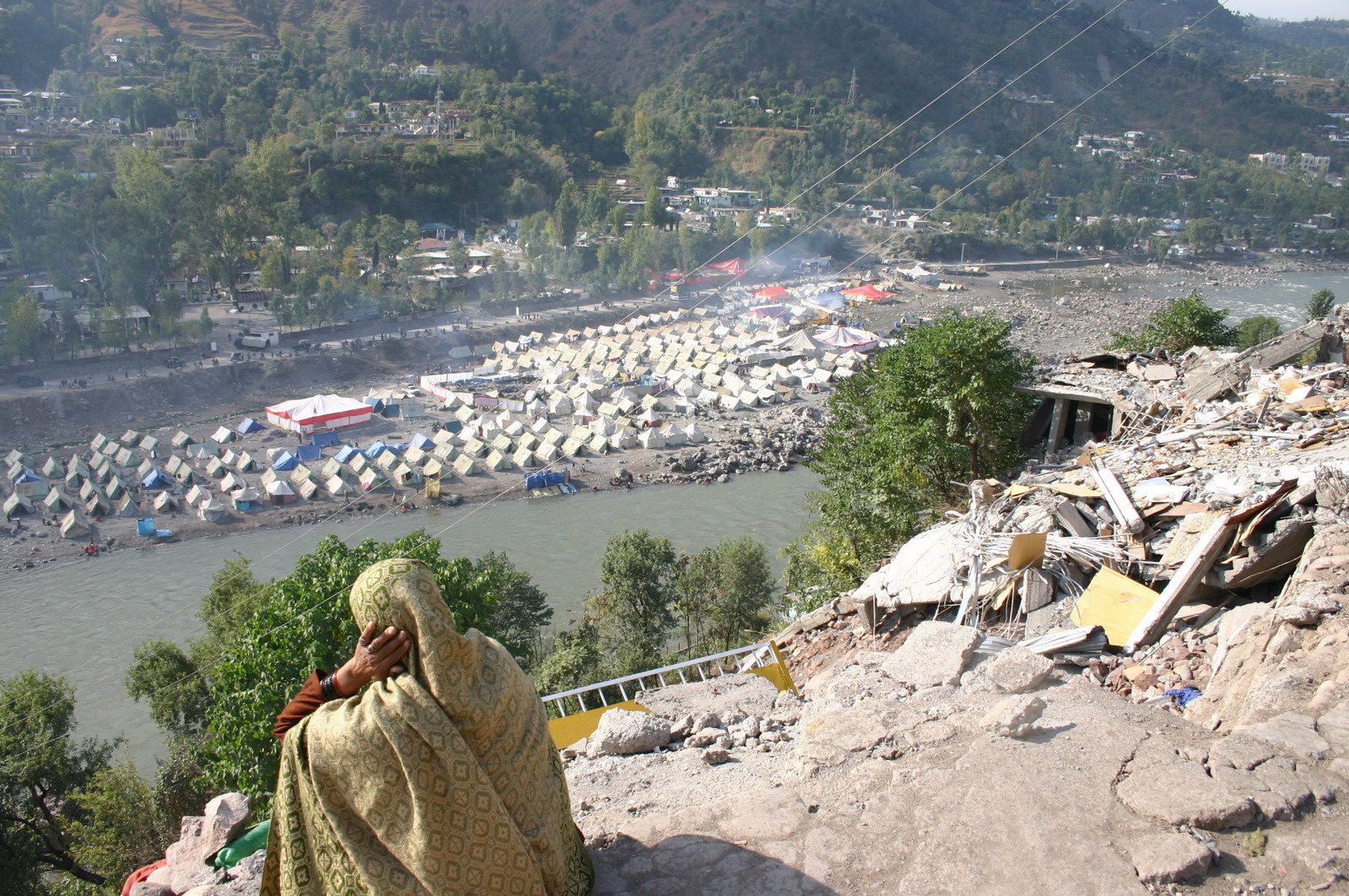

THE world has a lot of serious problems. Natural disasters, climate issues and inequality are among these. Human suffering ensues. These exacerbate things and partly contribute to intolerance, illness, and sometimes even war. But there's that old myth that distributing so-called 'phones' (tracking devices) to everyone will make the world a better place. In reality, it may simply mean more policing and more discrimination.
"In reality, it may simply mean more policing and more discrimination."Putting aside the privacy abuses associated with these 'smart' RFID-like devices with a growing number of sensors and cores (because Web pages and software rapidly become more bloated), there's also a push to constantly 'upgrade', causing even more waste and a loss of social life (actual, real human contact). Some people in poor countries save to buy a 'phone' rather than sanitary facilities (e.g. toilets). Not a cheap, ordinary phone for making calls (such phones cost very little) but one of those so-called 'phones' that are small computers with minuscule screens and no input devices.
As The Register put it a few days ago, "Hulce has compiled a list of the third-party scripts residing in the top million websites and found that the 100 most common bits of JavaScript eat up about 59 per cent of script execution time."
Much of that is malicious and not in any way intended to improve the experience of users.
"Giving poor people the 'gift' of technology often overlooks the real motivations, e.g. Facebook 'donating' Internet access."Earlier today Booking.com sent an E-mail to everyone who ever used the site, saying: "we're going to start sharing information between the Booking Holdings brands for the purposes described in our updated Privacy Statement." Here they go with "data brokers", surveillance capitalism in action. Companies update their privacy (or surveillance rather) policy and retroactively apply this abuse without asking for consent or giving one the option to opt out. They do this because their corporate lawyers tell them they risk lawsuits for not informing people in advance (even if those people aren't given any other option). "Thanks again for using us in the past, and look out for an even better Booking.com experience in the future," the concluding paragraph states. So they now herald that they're selling all historical data, infringing people's privacy even more.
In recent years many companies other than Google or Facebook resorted to this "business" model, which is passing around data (renting/licensing access to it) and this, in turn, is being exploited to deny people access to critical services (health, finance) and thus lower security (for people, not for corporations).
A lot of people would rather not know about -- let alone understand -- the 'sausage factory' that's linking data and creating 'dossiers' about people. The "data brokers" 'industry', sometimes euphemised as "big data" or "deep learning" and other benign-sounding terms (or job titles like "data scientist") would face widespread condemnation if not popular uprisings and a call for bans (see GDPR) if more people comprehended just what despicable things it is doing. Giving poor people the 'gift' of technology often overlooks the real motivations, e.g. Facebook 'donating' Internet access. ⬆
Comments
Canta
2019-02-17 16:09:06
It reminds my of the 90's motto of having a computer. On here they said that with a computer you would "learn more and better", even when internet wasn't but a marginal fantasy. Decades later, Microsoft's out saying that they put "a pc in every home", and that it was "their dream", and stuff like that. And when we finally were totally dependant on a bunch of tech enterprises to do our daily stuff and reached the point where there doesn't seem to be possible to do anything productive without a computer, some other bunch of people started with this "put a mobile phone in every hand". Today, it's really complicated to have a productive (I don't even mind "normal", and try not to say "social") life without some degree of contact with Facebook, Twitter, Amazon, Cloudflare, etc. I'm struggling trying to talk with my family without using WhatsApp.
It's frankly depressing. Specially when involved technology DO have the potential to do really grat stuff. But it's again the old and well know dynamics of modern power: if you let the state having it, it's authotitarian, dictatorship, and lack of freedom; if you let enterprises having it, it's oligopoly, corporativism, and an infinite dumb selling machine which doesn't seem to care about anything but its money. In both cases, every common person out there is powerless, and the best tool we seem to have is to try to "choose" between the least crappy alternative. And so far tech corporations seems to be winning almost every battle.
IDK what's a good path in front of all this. What I do know is that this is more a political and ethical problem than a technological one (unless one also call those things "techs"). And I fear that discussing the technological issues instead of the political ones may be giving more power to corporations: as it should be their responsability to solve the problems.